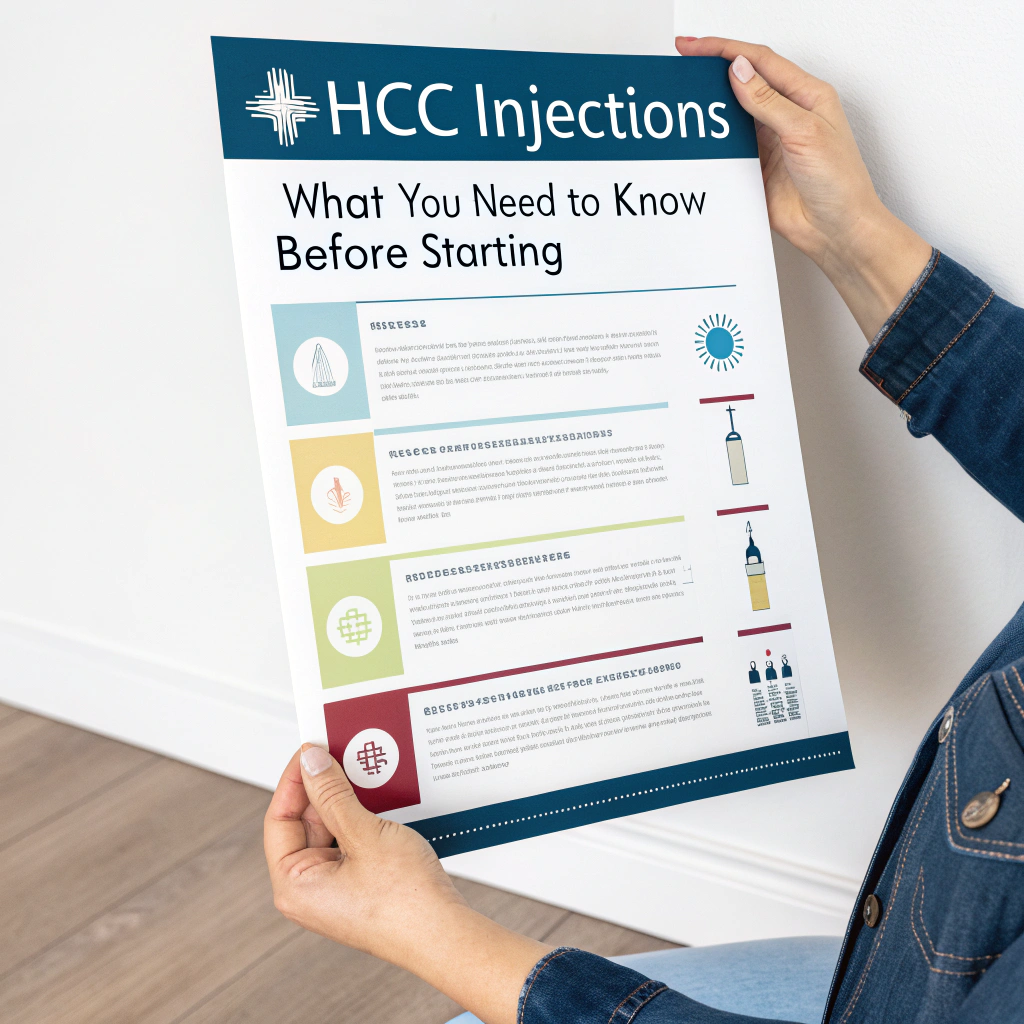Understanding HCG Injections
HCG (Human Chorionic Gonadotropin) injections have gained attention in medical weight management programs. These injections contain a hormone naturally produced during pregnancy, but their medical applications extend beyond fertility treatments.
Medical Uses of HCG Injections
HCG injections serve multiple medical purposes. Healthcare providers prescribe them for fertility issues in both men and women. The treatment supports ovulation in women and increases sperm production in men. Some medical professionals include HCG injections in supervised weight loss programs.
Safety Considerations Before Starting
Before beginning HCG injections, a thorough medical evaluation is essential. Your healthcare provider needs to review your medical history, current medications, and any existing health conditions. This screening helps prevent potential complications and ensures the treatment suits your specific situation.
Proper Administration Techniques
HCG injections require careful administration. The process involves specific steps:
- Proper storage of medication
- Sterile preparation techniques
- Correct injection methods
- Rotation of injection sites
- Safe disposal of used materials
Expected Results and Timeline
Results from HCG injections vary among individuals. The treatment duration typically ranges from 3 to 6 weeks. Your healthcare provider will establish specific goals and monitor your progress throughout the treatment period.
Potential Side Effects
Common side effects of HCG injections include:
- Headaches
- Fatigue
- Irritability
- Breast tenderness
- Water retention
Diet and Lifestyle Modifications
Success with HCG injections often requires dietary changes. Most programs include specific nutrition guidelines and calorie restrictions. Regular physical activity, adequate sleep, and stress management support optimal results.
Medical Monitoring Requirements
Regular medical supervision ensures safety and effectiveness. Your healthcare provider will schedule periodic check-ups to:
- Monitor vital signs
- Track progress
- Adjust dosage if needed
- Address concerns
- Evaluate overall health status
Cost Considerations
HCG injection programs represent a financial investment. Consider these expenses:
- Initial medical consultation
- Laboratory testing
- Medication costs
- Follow-up appointments
- Dietary supplements
Legal and Prescription Requirements
HCG injections require a valid prescription from a licensed healthcare provider. The FDA has approved HCG for specific medical conditions. Obtaining HCG through proper medical channels ensures quality and safety.
Maintaining Results
After completing HCG treatment, maintaining results requires ongoing commitment. A balanced diet, regular exercise, and healthy lifestyle habits help sustain the benefits achieved during treatment.


